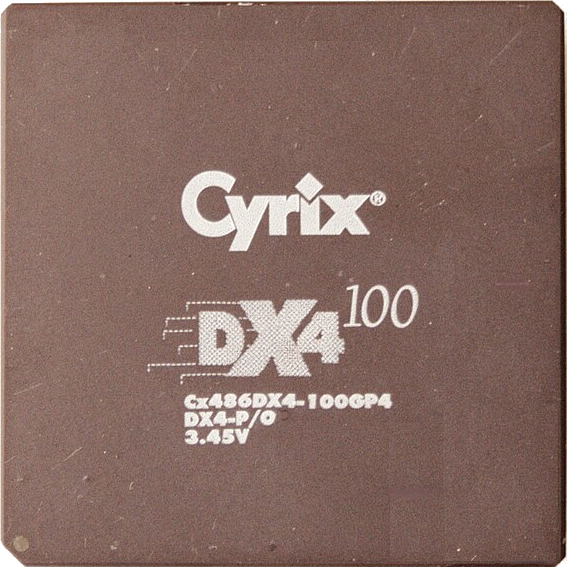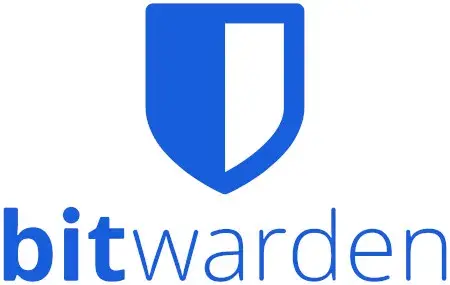

I understand their reasoning behind this, but I am not sure, this is such a good idea. Imagine Letsencrypt having technical issues or getting DDoS’d. If the certificates are valid for 90 days and are typically renewed well in advance, no real problem arises, but with only 6 days in total, you really can’t renew them all that much in advance, so this risk of lots of sites having expired certificates in such a situation appears quite large to me.


kWh is a unit of power consumed. It doesn’t say anything about time and you can’t assume any time period. That wouldn’t make any sense. If you want to say how much power a device consumes, just state how many watts (W) it draws.